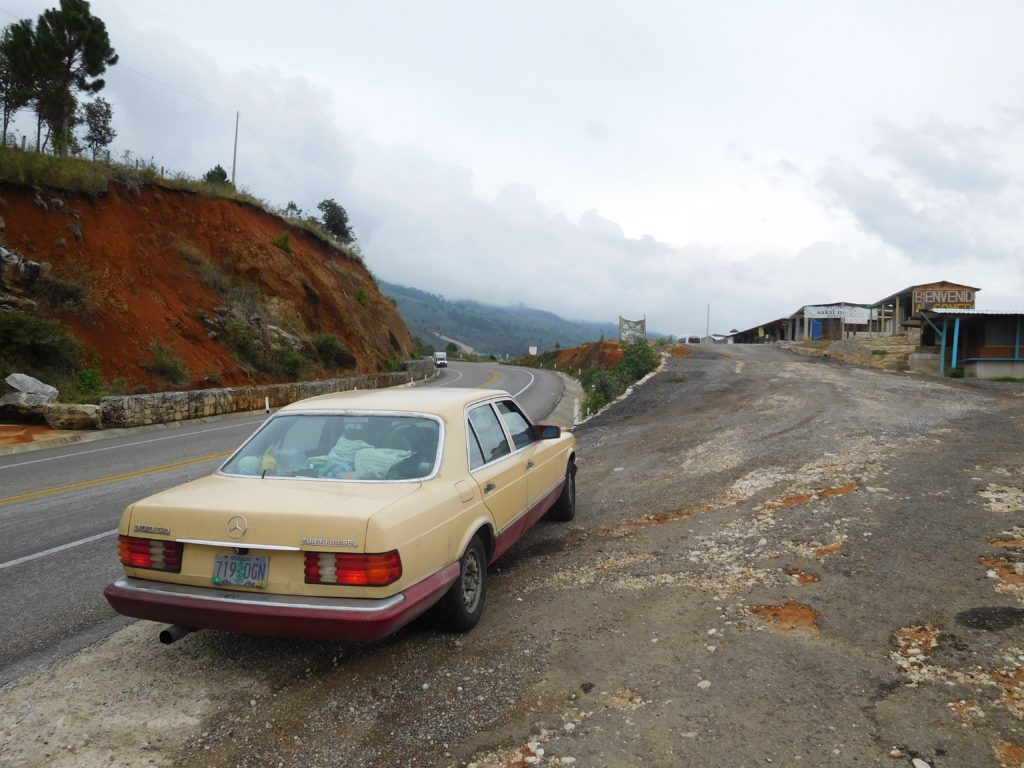NOSE
The first time I remember having a nose, I was young. I probably had one before that but I don’t remember it. My Uncle Geoff had stolen it and held it between the first two fingers on his right hand. I remember missing it, so I must have had one before that. Since then NOSE and I have been through a lot. Not all of it good. Not all cocaine and roses. We didn’t get on well in my early teens. I thought it was too big and sometimes got spots, which I assumed was just to annoy me. NOSE thought I was too sensitive. When I was about thirteen, somebody hit NOSE and it’s been a bit crooked ever since. At fifteen, I was mugged in a bus shelter on Skegness seafront. I had no money, only an expired condom The mugger took out his frustration on NOSE. He head-butted it and that was the first time it broke. It had a long scab along the bridge for a while but it never scarred. After that, it leant even more to the right. The second time NOSE broke, I was walking home from a night out, in the middle of a busy road. I was hit by a car from behind and was too drunk to put out my hands. I landed on NOSE and it split all the way down the left-hand side. Sometimes it still cracks when I sneeze. There’s now a large purple scar running down the left-hand side of NOSE. It’s shaped like a crooked divining rod and is the purple of a circumcised penis. A few days after the car, somebody punched NOSE again. And then, I believe, there was a period of quiet. To attempt to count all of its injuries since then would be futile. I smashed it after slipping on a highly-polished mahogany floor in Washington, DC; tripped into a tree trunk in Mexico; a few elbows, knees, and doors. Undoubtedly, NOSE is the shape and fragility that it is because of my ancestral heritage. In breaking it so many times, sometimes I think I’m committing a kind of symbolic act against my own genealogy. Or maybe I just drink too much. Which could be my genealogy committing an act against me.
STILL ANIMALS
Somewhere around where Oaxaca meets Chiapas, we were driving through a small town. It was more a road than a town. Two rows of buildings— corrugated tin and wood— lined it and a few gritty tracks branched off to vast ranches.
On one of these tracks was a trailer. It had no real walls, just bars, like a local jail cell or one of those cages rich people use to taunt sharks from. It was around the same size as the car we were in— which struggled to fit four humans and their luggage— but inside were a horse and three cows. They were so still that they had to be made from wax, except that wax would have melted in that heat. I thought that maybe they were models, advertising a restaurant like a happy pig, basting himself or the smiling chicken on the side of a butcher’s. But they were too still to be models. Models are made to imitate life—the painted on gleam in an eye or the varnished wet-look on a nose. These animals gave no indication of life. They’d long given up on being anything except a shell with blood pumping through it. Blood that was too hot. They knew that space was a finite resource and any movement would have repercussions.
For us too, space was a finite resource. We used it as currency and passed it wherever it was needed: Anton to stretch his legs and drive through cramp, Leah to light four cigarettes. That car was so hot. Those poor animals.
THOUGHTS FROM AN AIRPORT
Airports are strange, in-between places. They represent a state of not-quite-being and normal rules don’t really apply when you’re in them. Nobody you see knows how long you’ve been awake, what time zone you’re in, or what language you speak. It’s perfectly acceptable to drink whiskey at seven o’clock in the morning and not communicate with anyone while you do so. There’s something beautiful about it.
My favourite airport bars are the ones that fully embrace their airportness. The ones that see the airport for the hinterland it is and market specifically to its dwellers. The ones that don’t even try to recreate real-life. The airport bars I like have big, long bars with three-hundred and sixty degree seating, where around a hundred people can all be facing the optics and the barman. If you’re lucky they won’t be showing the news, so you can drink away your layover without having to be reminded of whatever may be happening outside. It’s difficult to get a seat at these kinds of bars. You usually have to walk past a couple of times. Scope it out. Especially if it’s a daytime, weekend layover.
In Roanoke airport, last week, I sat next to a middle-aged man as he shouted into a phone. He said, I’m not gas-lighting you. I swear, I haven’t cheated. It sounded a lot like what someone who was gas-lighting somebody would say. He got off the phone and said to me, that’s not a conversation you can win. It struck me how odd it is that I’m now old enough to be a trope in bad movie.
Dan Melling is a poet and creative non-fiction writer, originally from the UK. He is currently studying for an MFA in poetry at Virginia Tech University, where he also teaches. In the past he has been published in The Rialto and Cadaverine amongst others. He can be found online at danrmelling.wordpress.com

